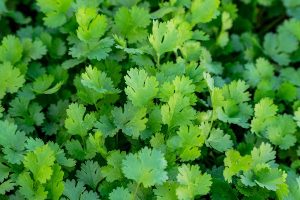OMG…. A 10-second kiss could transfer 80 million bacteria!
2 min readAs many as 80 million bacteria are transferred during a 10-second kiss, says a new study, adding that at least nine intimate kisses per day could lead to couples sharing similar communities of oral bacteria.
“Intimate kissing involving full tongue contact and saliva exchange appears to be a courtship behaviour unique to humans. We wanted to find out the extent to which partners share their oral microbiota. It turns out that the more a couple kiss, the more similar they are,” said lead study author Remco Kort from the Organisation for Applied Scientific Research (TNO) in the Netherlands.
Along with researchers from Micropia – the world’s first museum on microbes – in Amsterdam, Kort studied 21 couples, asking them to fill out questionnaires on their kissing behaviour including their average intimate kiss frequency.
In a controlled kissing experiment to quantify the transfer of bacteria, a member of each of the couples had a probiotic drink containing specific varieties of bacteria.
After an intimate kiss, researchers found that the quantity of probiotic bacteria in the receiver’s saliva rose threefold.
They calculated that in total, 80 million bacteria would have been transferred during a 10-second kiss.
“The results show that when couples intimately kiss at relatively high frequencies, their salivary microbiota become similar,” Kort added.
On an average, it was found that partners who kissed each other at least nine times a day shared similar communities of oral bacteria.
The study also suggests an important role for other mechanisms that select oral microbiota, resulting from a shared lifestyle, dietary and personal care habits.
The ecosystem of more than 100 trillion microorganisms that live in our bodies – the microbiome – is essential for the digestion of food, synthesizing nutrients, and preventing disease.
It is shaped by genetics, diet, and age, but also the individuals with whom we interact.
With the mouth playing host to more than 700 varieties of bacteria, the oral microbiota also appear to be influenced by those closest to us.
The research was published in the open access journal Microbiome.






